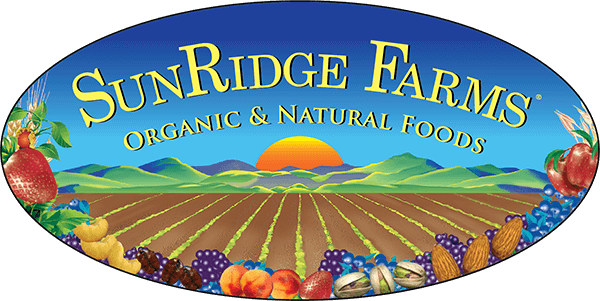Genetically Modified Organisms (GMO’s) – are they good? and/or are they bad? This debate is raging in the public realm right now as California voters narrowly defeated a measure to label them in California (Prop 37) last year and Washington State voters are about to decide if they will be the first of the states to adopt a formal labeling requirement. Trying to understand what the ‘right’ thing to do is very difficult as propaganda and murky science seem to rule the day. Both ‘sides’ of the debate use the murky science and propaganda to further their respective agendas as to whether or not GMO’s should be labeled, are or aren’t safe, and what information is credible and what is not. What makes it even more difficult is when both sides try to use the available information fit their stance on the issue which further muddies the water. For example, whether or not GMO’s are safe is an irrelevant argument when it comes to discussing Initiative 522 in Washington. That legislation is strictly regarding labeling and how the consumer would be informed as to whether or not a food item contains genetically modified ingredients. Both the Yes and No side have digressed from this basic issue to introduce ‘safety’ with the supporters declaring GMO’s unsafe and proponents declaring that ‘science’ has proven these foods ‘safe’. This leads to further debate since truly independent research on GMO’s is very limited to non-existent and industry provided research and study into the safety of GMO’s has only been provided by the companies that produce these crops and their seeds AND they only allow research on their products that is approved by them under the protocols they want. Regardless, in relation to I-522 those arguments should be left out of the debate because clearly neither side has enough real information to declare an absolute.
The next issue is ‘trust’. What and who do we trust? Whose agenda (hidden or not) should we pay attention to? Why would the Grocery Manufacturers Association try and hide the names of the companies that contributed money to defeat I-522? Do these companies fear some type of consumer revolt if found out that they supported the defeat of this measure? It certainly seems plausible especially when coupled against the backdrop of our recent US history with a clear distrust of Wall Street, big business, and government, or do they really fear exceptional costs when having to reformulate foods using Non-GMO ingredients? Perhaps both, however, if not for the predisposed lack of ethics demonstrated by these companies and the elected representatives we might actually have reason to believe them. Unfortunately for them, cynicism is ruling the day, though companies like Monsanto have only themselves and their corporate actions to blame. What’s the solution? The obvious one is to see these companies put some of their profits back into research that is conducted independently over a significant amount of time and having both sides accept the results – good or bad. If bad, better to know now…if good, then that piece of the GMO argument goes away. Is it relevant to labeling in Washington; not really but one more ‘cloud’ in the effort to make things unclear by opponents of the measure.
What about the environment? How much dialogue is taking place regarding the impact of GMO’s on the planet? The companies that produce the modified seeds (Monsanto, Dow, Bayer) claim that the environmental impacts are all positive. In this case independent research has found that the impacts are not benign. Resistant weeds and pests are becoming the norm and mono-crop planting has created soil problems. The original touted benefits of less water, less herbicide, less pesticide, no longer are factual. Not reassuring to say the least, but again not part of the measure in Washington.
Confused yet?? Welcome to the world of GMO’s. One thing we can do to ‘clear the air’ is support I-522 in Washington and get the labeling requirement passed. If you know that a food contains GMO’s and you consume it, that’s your choice and that’s to be respected. Those that do not want GMO’s in their food should also be respected and should have an easy way to know.

